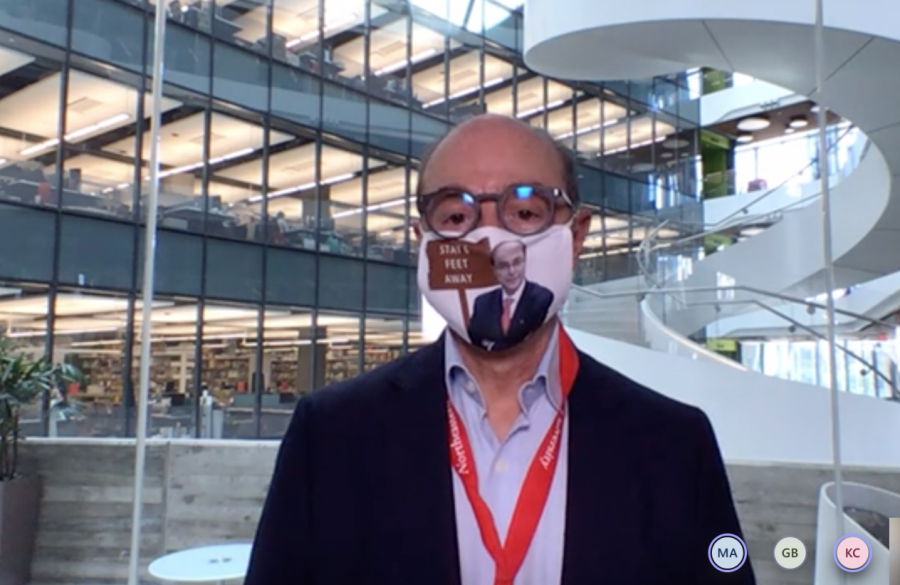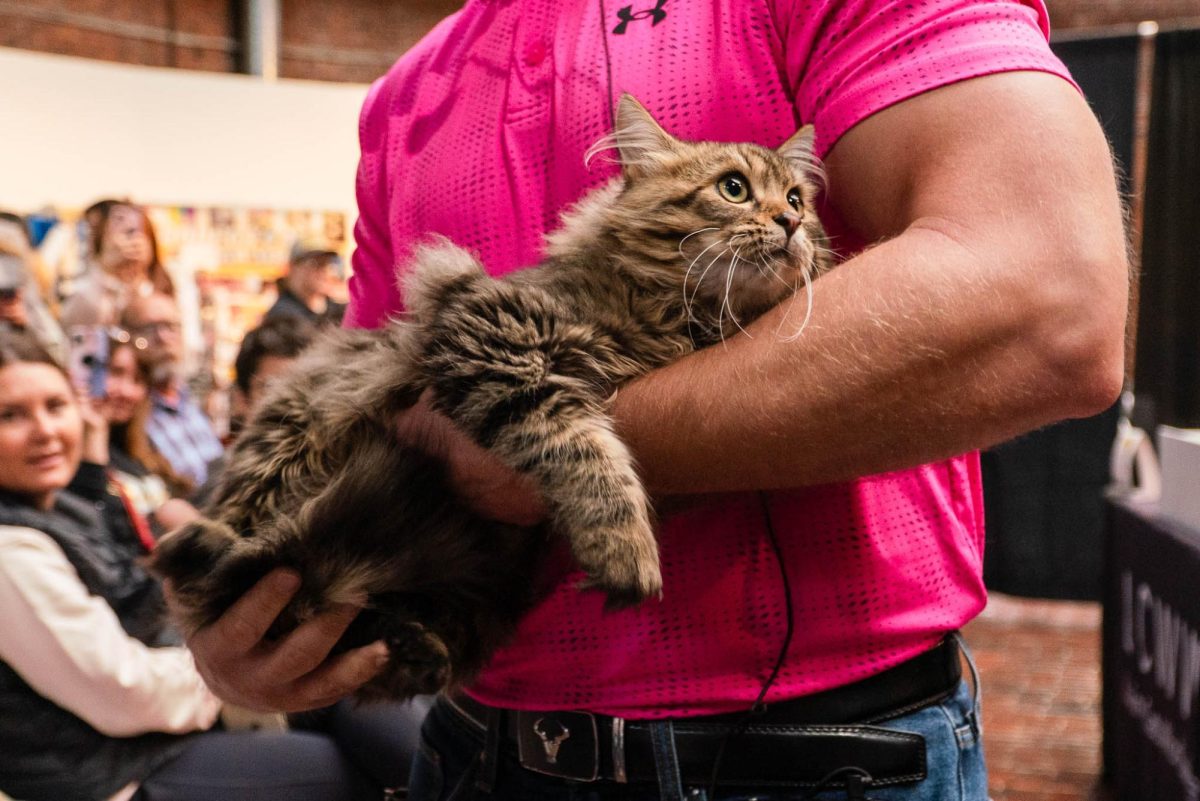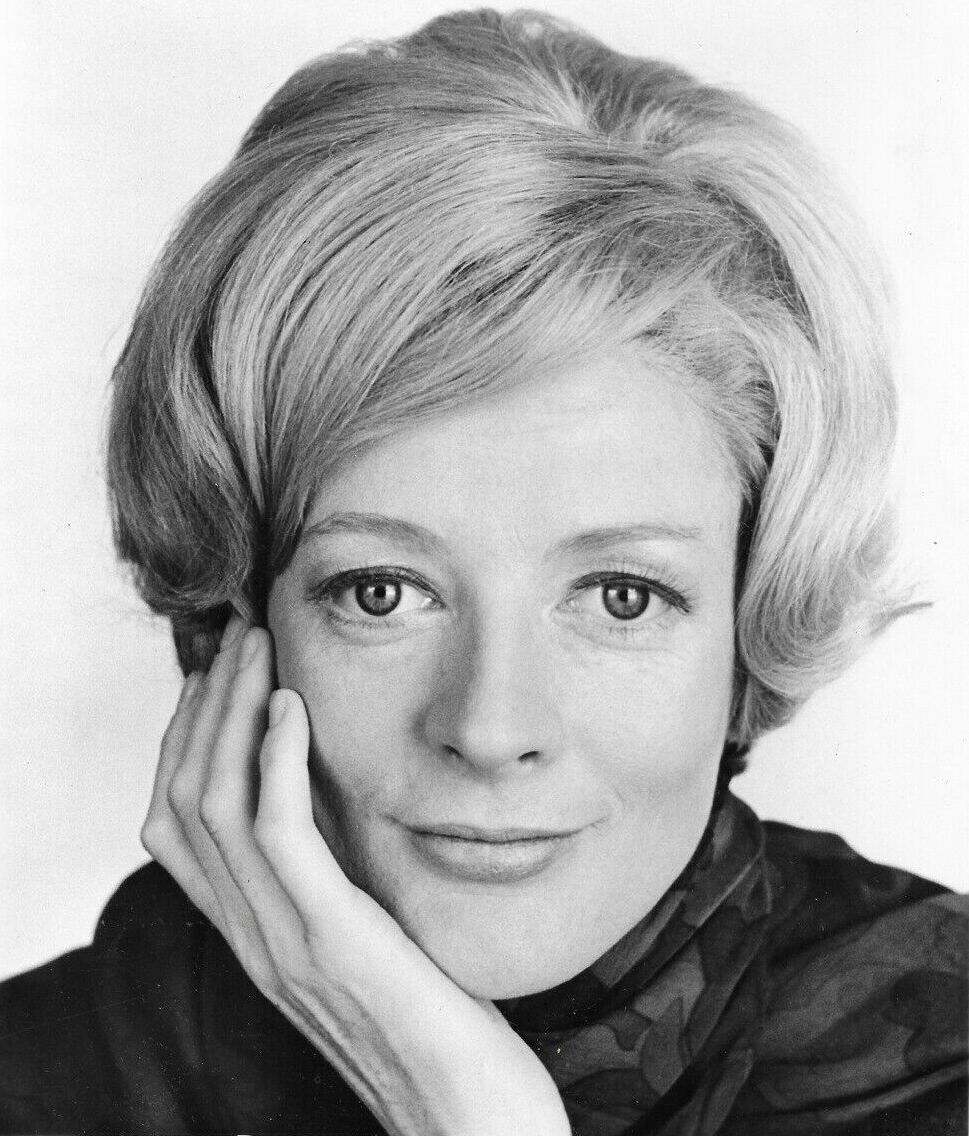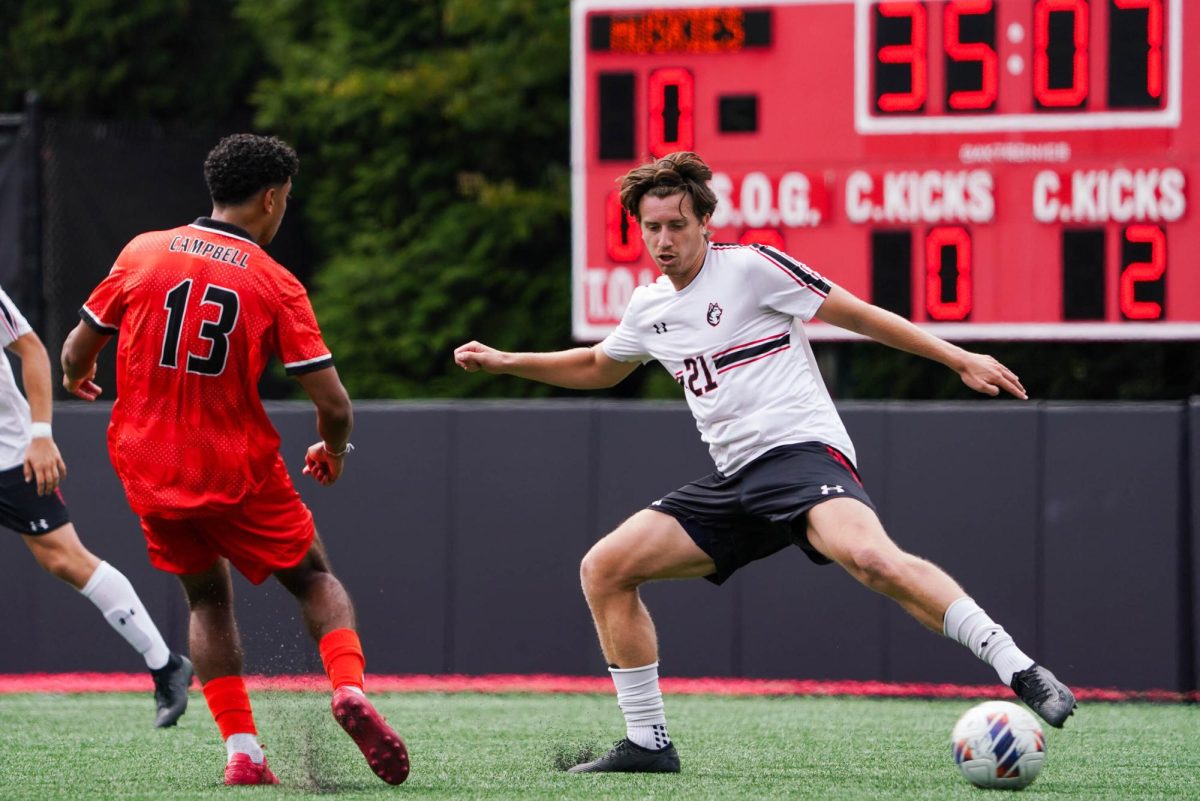6 takeaways from The News’ interview with President Aoun
August 18, 2020
Northeastern President Joseph E. Aoun spoke with The News in an hour-long video call Tuesday. Below are six key takeaways from the interview. The full transcripts can be found here and here.
1. Aoun is confident in Northeastern’s safety measures.
When asked about outbreaks at schools that have already reopened, such as UNC-Chapel Hill, Aoun pointed out that Northeastern will be testing every member of the community regularly, including those who are asymptomatic. Aoun emphasized the quick turnaround time and easy process of Northeastern’s testing facilities as a measure that will keep the community safe, in addition to reduced density on campus and contact tracing. He also said Northeastern has looked to Europe and Asia for guidance on how to safely reopen the community. He said a key factor in avoiding an outbreak at Northeastern will be a “community of responsibility.”
“If, God forbid, any student has COVID-19, then they are going to be taken care of by Tufts Medical Center in a personalized way,” he said.
When asked if Northeastern’s plan guarantees no one will die from COVID-19, Aoun said that “no one in the whole nation and no one in the whole world can guarantee anything.”
He emphasized that Northeastern is one community and said that he trusts the student body to take the proper precautions.
2. Aoun said Northeastern’s reopening will benefit the surrounding community, and that the Northeastern community is overwhelmingly in favor of reopening.
Aoun said that the fact that Northeastern will itself test 5,000 people per day, compared to around 14,000 per day in all of Massachusetts, is evidence of the university’s contribution to the greater community. He also said many local businesses who rely on Northeastern students and faculty approached the university, asking them to reopen.
“We are helping the state and the citizens of the state because we are increasing the number of people being tested,” he said.
He said that students would move into apartments in neighborhoods near campus regardless of the reopening plan, so the community will be better served if Northeastern opens and tests those off-campus students regularly. Northeastern will not be offering testing to anyone unaffiliated with the university.
“The community is looking at it and saying, ‘Are the students going to jeopardize my safety?’” he said. “Quite the opposite. We feel that our students are going to increase the safety because they are being tested.”
3. Aoun attributed the tuition increase to an investment in safety and an increase in financial aid.
Northeastern announced in July that its tuition will increase by 3.7 percent this year, while financial aid will increase incrementally as well. Many students have questioned the decision to increase tuition while many classes will be offered partially or fully online.
Aoun said the increase reflects the university’s investment in COVID-19 countermeasures, including free testing for students for as long as the situation necessitates it. He said in all the university invested more than $50 million to reopen the campus.
4. He said the co-op program has remained resilient, even though the national job market has been greatly impacted by the pandemic.
Aoun said that an unexpected result of the 2008 financial crisis was that companies ended up offering more co-ops than usual after six to eight months, reportedly because they had an increased need to invest in young talent. He implied that there could be a similar phenomenon as a result of the COVID-induced recession.
He also said that finding and working on a co-op during this turmoil is an education in itself.
“You are living the perfect existential and experiential education,” he said. “Because the world is changing and the experience of this world is changing. That’s why you came here, to get you to understand the reality and you’re doing it.”
5. Northeastern is working with other universities and FEMA to prepare for a potential outbreak.
Aoun shared that he recently had a meeting with 16 other university presidents to coordinate their actions and collaborate with the Federal Emergency Management Agency, or FEMA.
“If there is any challenge, any issue, the hope is for universities don’t go at it alone, but coordinate their activities, their responses. And then the hope is also for FEMA to help us because there would be enormous needs, financial and otherwise,” he said.
6. Aoun said he has made a personal effort to listen to and address students’ concerns about racism and lack of diversity on campus.
Aoun said the students he has met with have been extremely “passionate, articulate and compelling” about the changes they wish to see at Northeastern and that those meetings have influenced his plans that have been communicated to the university community. He also said the Black Lives Matter movement was a “wake-up call” for the university.
“We as a university decided to have a very comprehensive and open approach to combat systemic racism and anti-Black behavior. This is why we started by going on listening tours, with our students, faculty and members of the community,” Aoun said.







